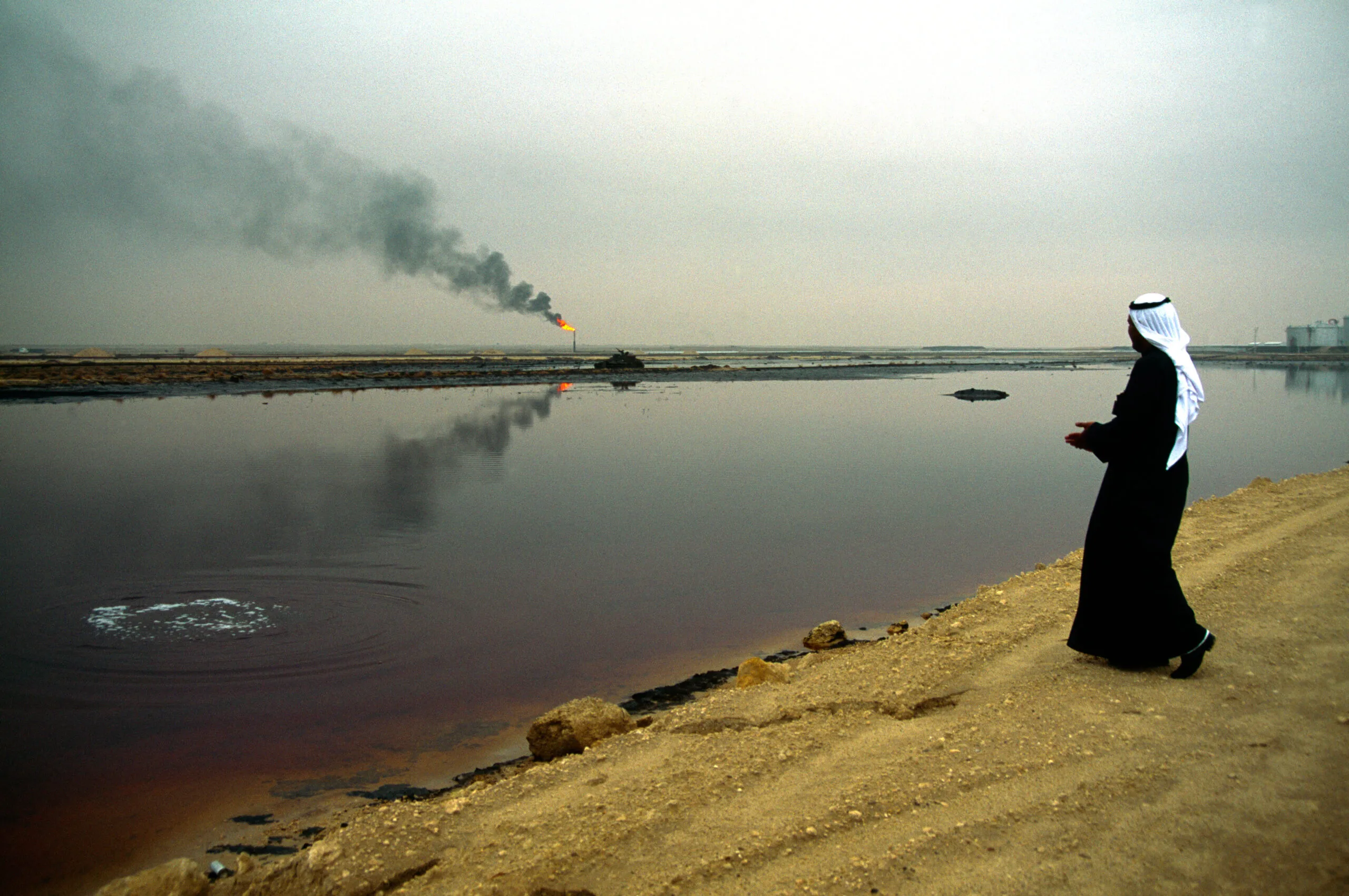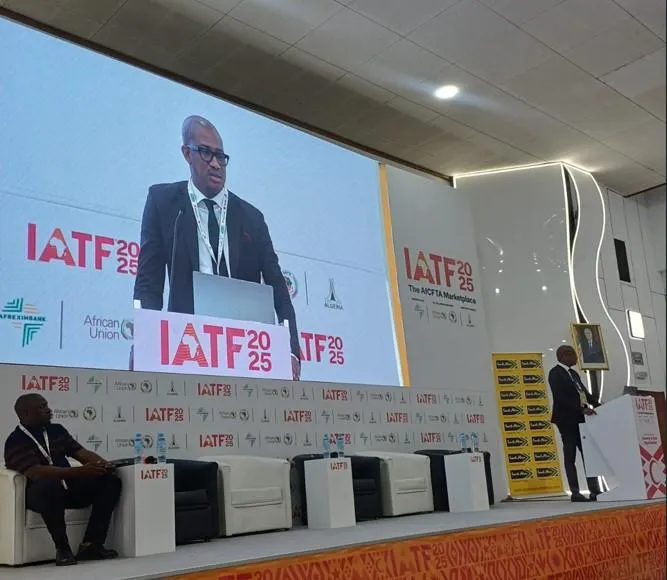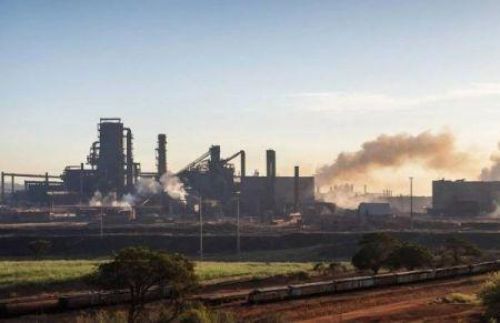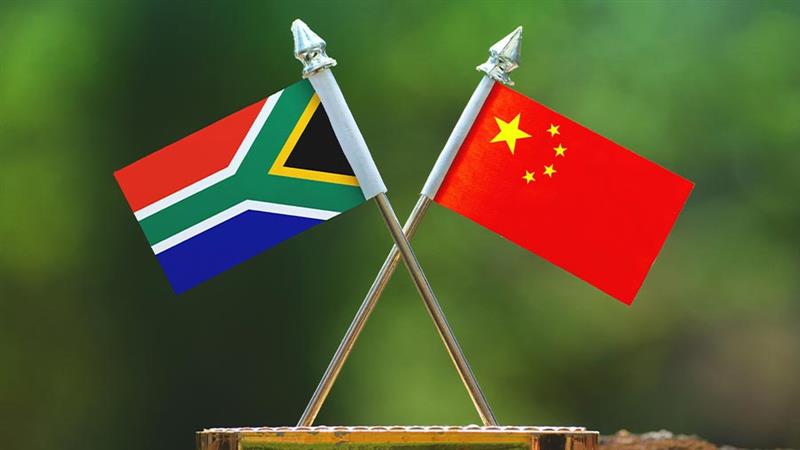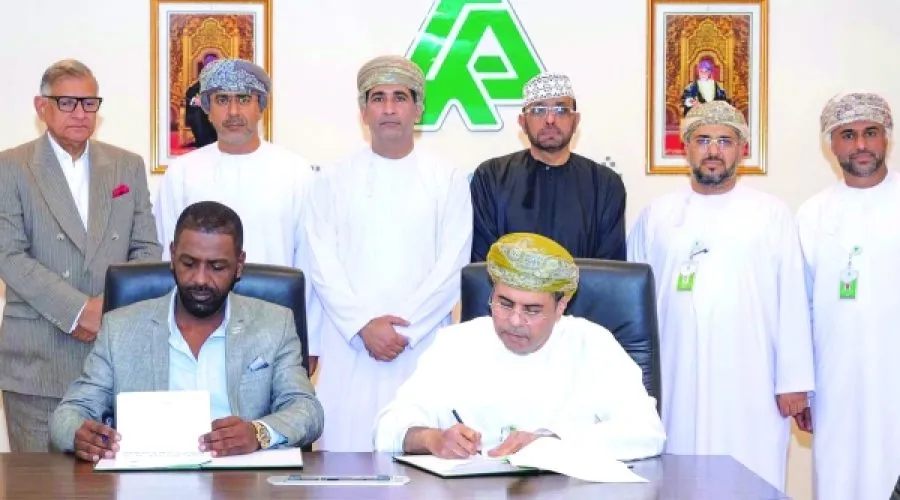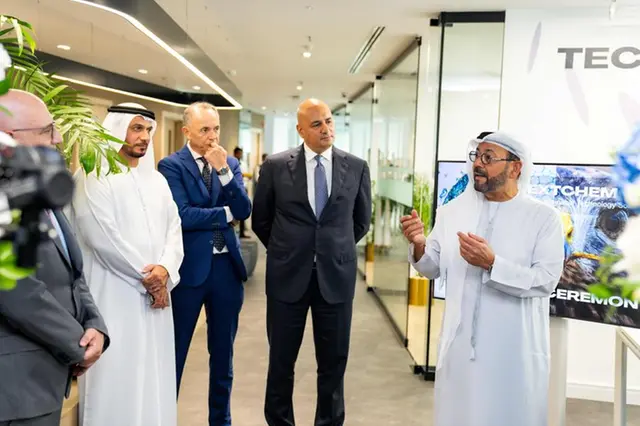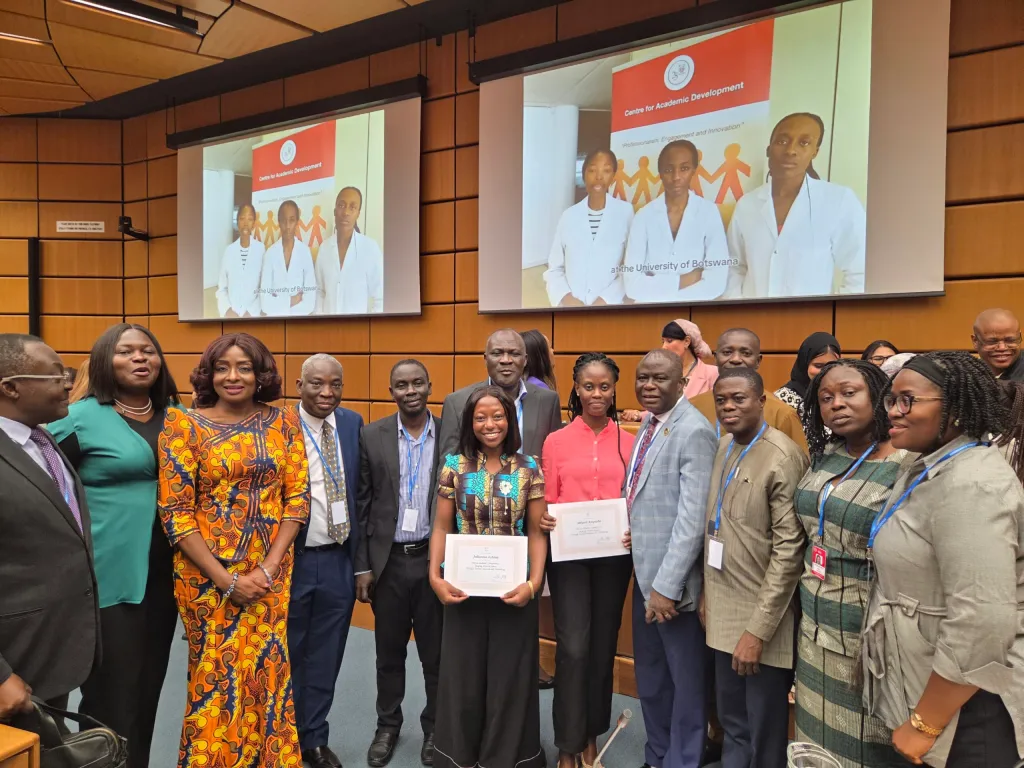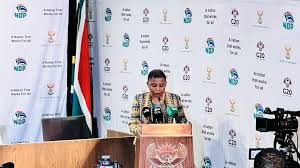Energy Other

Bahrain juggles data centre and green energy demands
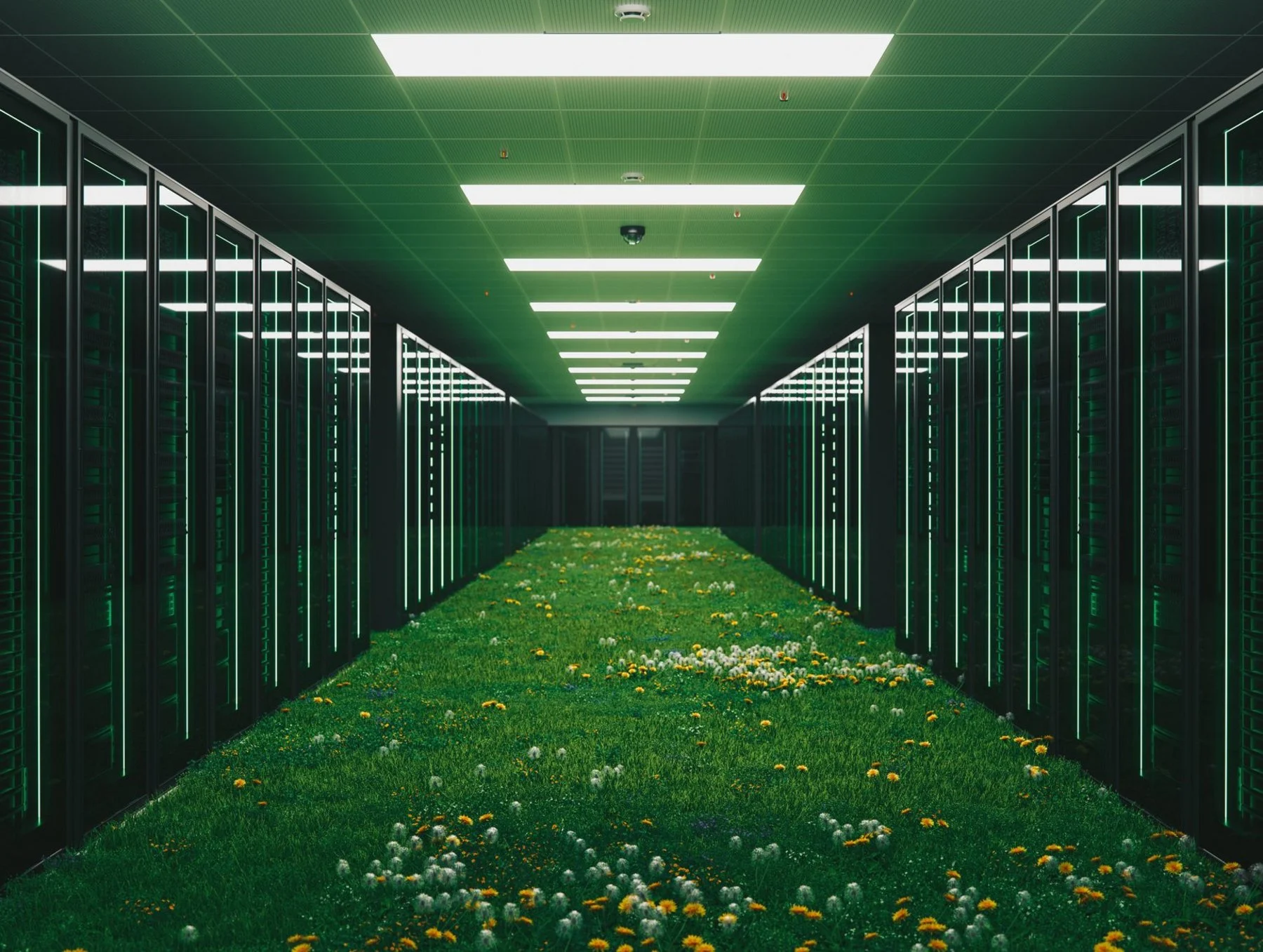
Bahrain could run short of land as it tries to balance demand for digital infrastructure with its ambitious renewable energy targets.
The kingdom has committed to increasing the share of renewable energy to 20 percent of its electricity mix by 2035 from just 0.4 percent now, en route to achieving net-zero carbon emissions by 2060. Solar power is the cornerstone of this transition, as per the country’s National Energy Efficiency Action Plan.
But with space at a premium, options including vertical builds, offshore projects and even land reclamation are being considered to keep pace, according to Musab Abdulla, director of the ICT sector at Bahrain’s Economic Development Board.
“We’re very keen to do more in the sustainable energy space,” he said. “The problem with the most mature renewable technology today – solar – is that it takes up a lot of land that could otherwise be used for data centres, factories, schools or hospitals.”
Major telecom operators are driving investment into the country’s data centre sector, such as STC Bahrain, part of the 2Africa‑Pearls submarine cable consortium. It has landed new subsea cable capacity and is developing a data centre park of over 55,000 square metres to host high‑density IT loads as part of a $300 million investment.
Meanwhile, telecoms company Batelco is working with Qareeb Data Centres, through a $250 million commitment, to build a large colocation facility – generally smaller facilities that lease compute capacity to businesses who want to store their data online – under its Data Oasis project. It is located in Manama on a site of more than 140,000 square metres, and intends to land submarine cables such as SeaMeWe‑6 and Al Khaleej.
“The appetite, the demands, the room to grow is phenomenal,” said Abdulla.
Renewables needed for data centres
Renewables will be vital to power the growing number of data centres. The International Energy Agency projects that electricity demand from data centres worldwide will more than double by 2030 to around 945 terawatt-hours, slightly more than the entire electricity consumption of Japan today.
Bahrain, under its 2017 Cloud First Policy, became the first in the region to host Amazon Web Services (AWS) infrastructure, positioning itself as a digital frontrunner in the Gulf. In 2019 AWS launched its Middle East (Bahrain) Region with three Availability Zones, enabling government entities, startups and enterprises to store and process data locally.
Abdulla said discussions are taking place with a number of American and European players with a view to colocating in Bahrain.
“They’re still developing the business case and finalising the partnerships,” he said.
Tens of megawatts of power for data centres are set to come online within the next eight months, he added.
Bahrain ranked fifth globally and third in the Arab world for its information and communications technology in the International Telecommunication Union’s 2024 ICT Development Index.
Over the 2024‑2029 period, the country is forecast to add about 66MW of IT power capacity, according to Arizona Advisory & Intelligence.



